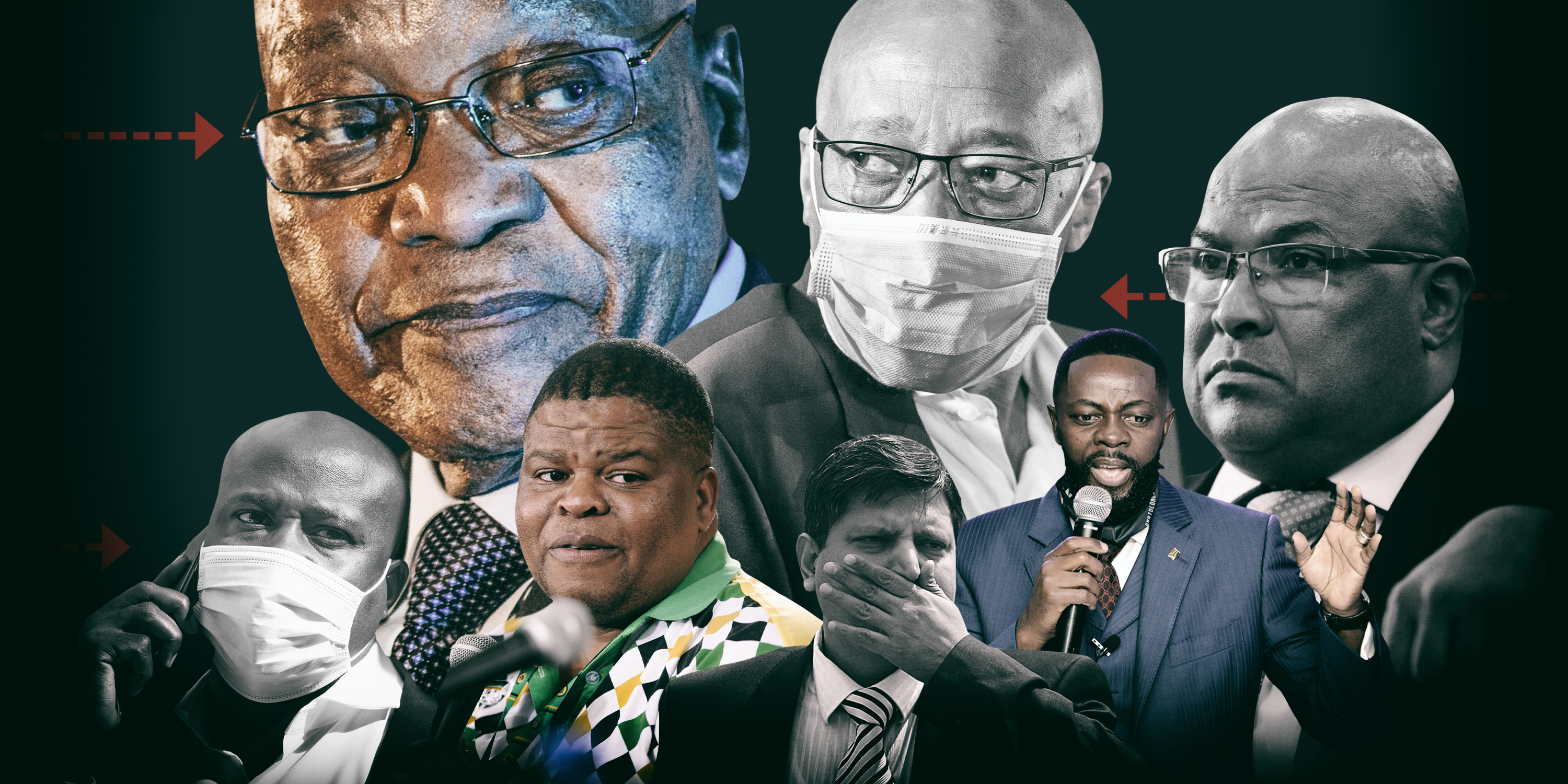Delivering the opening address at the recent Daily Maverick The Gathering Twenty Twenty-Four, former finance minister Trevor Manuel said, “Our revolution was horribly disrupted” and asked whether there should be a national conversation about presidential powers.
https://www.youtube.com/watch?v=BLdvCpT-9lk&t=4s
As he put it:
“So how should we engage with that vast area of presidential prerogatives? They include the unfettered power to appoint Cabinet and deputy ministers; the appointment of the heads of all of our security and intelligence services; and the appointment of all of our foreign representatives, without query or oversight.
“Is this vast area of practice consonant with the spirit of our Constitution? Now, we all appreciate that open-ended and protracted negotiations were obviously not in the interests of democracy, but should we not have returned to these matters later?”
Our recent history, and particularly the State Capture era, shows how important this conversation is.
As far back as 2009, when Jacob Zuma assumed the presidency, it was obvious that he would appoint a person to run the National Prosecuting Authority (NPA) who would follow his wishes, which included that he would not be prosecuted.
He believed at the time that he had been persecuted by the NPA under Bulelani Ngcuka, who had been appointed to the position by his nemesis, Thabo Mbeki. So he appointed the worst choice possible, Menzi Simelane.
It was clear that Zuma used the power of the presidency to enable corruption.
He appointed Arthur Fraser as head of the State Security Agency (SSA), and then allowed Thulani Dlomo to run riot with the powers and resources of that agency.
He allegedly benefited from the millions of rand in cash that David Mahlobo took from the SSA.
Warnings about the misuse of the intelligence services had been ignored. In 2007, the analyst Aubrey Matshiqi told the intelligence services that they should not play a role in domestic politics.
Other democracies
In many other democracies, a head of state or a president has the power to make a long list of appointments. But those are overwhelmingly the presidents who are directly elected. This means voters cast a ballot for someone directly, knowing what they will do once they are in office.
In the US, for example, people voted for Donald Trump knowing that he would appoint judges to the Supreme Court who would rule against Roe v Wade and allow individual states to ban abortion outright.
In SA, the President is elected by members of Parliament in the National Assembly. This means that, when people vote, it is still not entirely clear who the President will be. It also means that if the leader of a governing party changes, then the President will change too (as happened when Mbeki was recalled, and when Cyril Ramaphosa replaced Zuma).
Because SA’s politics is changing, it’s becoming harder to predict who will be President after the elections and who they will appoint to important positions.
And because the President has the power to make appointments directly, like the Chief Justice (after consultation with the Judicial Service Commission), or a commissioner at SARS (under the current Act, anyone can be appointed, including someone determined to damage the institution, such as Tom Moyane), this could become a negotiating point during coalition talks.
Hypothetically, a political party could have leaders who are being investigated by SARS. As a condition for forming a coalition, they could demand that a SARS commissioner be removed and replaced by someone of their own choice.
Because the President has the power to make these appointments (and often to suspend people in some positions), this kind of situation could very well occur.
No President wants their power reduced but, in certain circumstances, there could be opportunities to reduce it.
If a president believes they are about to leave office or the party in power is about to be replaced, they might well agree to a reduction of their power.
Also, a group of political parties could agree before the elections that they would reduce the President’s power if they were to form a national government.
Sometimes, a person assuming a position of power will limit their own responsibilities, such as occurred in the UK in 1997, when Tony Blair’s new chancellor of the exchequer, Gordon Brown, announced one interest rate change and then gave all of the power over monetary policy to the Bank of England.
Transparency
There are measures citizens can take to try to weaken the powers of the President.
For example, Ramaphosa has established a panel to advise him on appointing the SARS commissioner and the National Director of Public Prosecutions.
Organisations could demand that the precedent be followed in future and that there be full transparency in the appointments that are made.
However, this may cause problems.
The power the President has allows them to act decisively — if they have a reform agenda, they can appoint people to important positions to make changes quickly.
This was the case at SARS, where Edward Kieswetter has been able to reform and almost renew the agency.
If the power of the President to make crucial appointments is reduced, or consultation is introduced as part of the process, it could lead to long periods of political negotiation before positions are filled. Considering how many people in government are in acting positions already, this could lead to positions being left vacant.
Unfortunately, despite Manuel’s well-founded concerns, the conditions that would allow the President’s powers to be reduced are unlikely to occur. Rather, it is more likely that political parties and politicians will cut deals involving the use of these powers, because this will serve them well.
Unless, of course, citizens can make reducing these powers the price of attaining the ultimate job in our politics. DM





